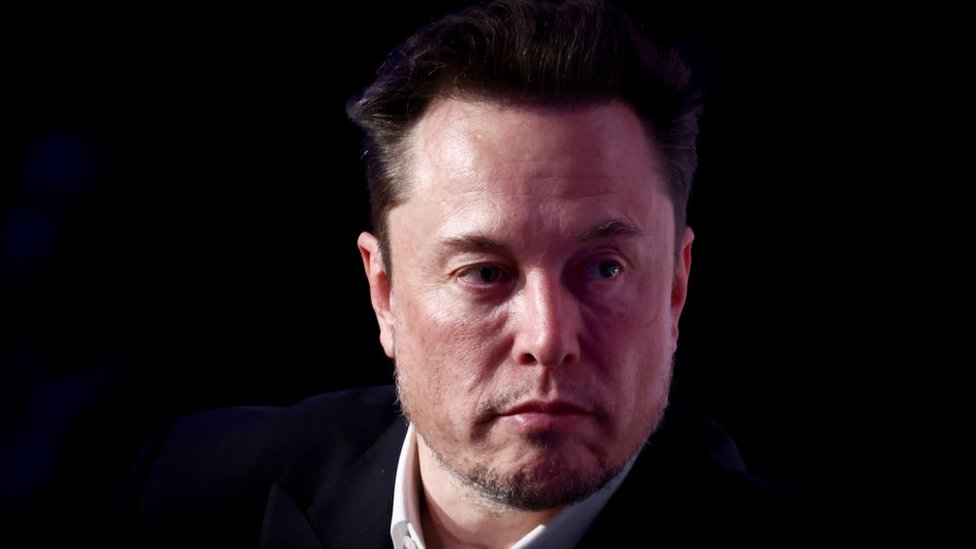
In a significant legal development, a Delaware judge has ruled in favor of investors challenging Elon Musk’s colossal $56 billion Tesla pay package, deeming it excessive. The court’s decision, which could reshape executive compensation norms, concluded that the electric vehicle maker’s board had inappropriately set Musk’s compensation, leading to the dismissal of the controversial package.
This ruling, if unchallenged, prompts Tesla’s board to craft a new compensation arrangement for Musk. Elon Musk, known for his outspokenness on social media, responded to the decision with a tweet cautioning against incorporating companies in the state of Delaware.
The legal battle dates back five years when Tesla shareholder Richard Tornetta filed a lawsuit accusing Elon Musk of unduly influencing negotiations surrounding the compensation package. Tornetta contended that the board lacked independence in its decision-making process.
The court’s decision directs Tornetta to collaborate with Musk’s legal team to implement the judge’s ruling. Although the ruling can be appealed to the Delaware Supreme Court, it poses a potential shift in the landscape of executive compensation.
Elon Musk’s $56 billion compensation deal stands as the largest ever for an executive, constituting a substantial portion of his vast fortune.
During the compensation trial in November 2022, Musk testified that the funds were earmarked for financing interplanetary travel, particularly towards the goal of sending humanity to Mars. The Tesla board defended the package, emphasizing its necessity to retain Musk’s dedication to the company.
Judge Kathaleen St J McCormick’s decision questioned the necessity of the “historically unprecedented compensation plan” in ensuring Musk’s commitment to Tesla.
She criticized the board for not scrutinizing the plan’s necessity and underscored the importance of assessing whether such an elaborate compensation structure was essential for achieving Tesla’s goals.
Tornetta’s legal team argued that the board failed to inform shareholders that the stated goals were more achievable than acknowledged. They contended that internal projections revealed Musk was on track to quickly qualify for significant portions of the pay package.
Additionally, they asserted that the board should have explored alternative compensation packages or considered hiring a new CEO, questioning Musk’s ability to focus on Tesla while engaging in various other projects, including the acquisition of Twitter and the founding of several startups.
The controversial compensation package granted Musk stock option awards, enabling him to purchase Tesla stock at significantly reduced prices upon meeting financial and operational goals.
However, the judge’s ruling brings attention to the lack of guarantees regarding Musk’s salary and raises concerns about the effectiveness of the compensation plan in achieving its intended purpose.
The ruling places Tesla’s next round of compensation negotiations with Musk under intense scrutiny. With Tesla’s value skyrocketing from $50 billion to briefly surpass $1 trillion in 2021, the decision marks a crucial juncture in the ongoing debate over executive pay and governance.
Elon Musk’s recent desire for 25% voting control of Tesla adds another layer of complexity to future negotiations.
The Delaware judge’s decision to strike down Elon Musk’s record-breaking compensation package sends ripples through the corporate world, raising questions about the appropriateness of executive pay and the responsibilities of boards in safeguarding shareholder interests.
As legal proceedings unfold, the case will likely influence future discussions on executive compensation and governance, prompting companies to reassess their practices in light of this landmark ruling.